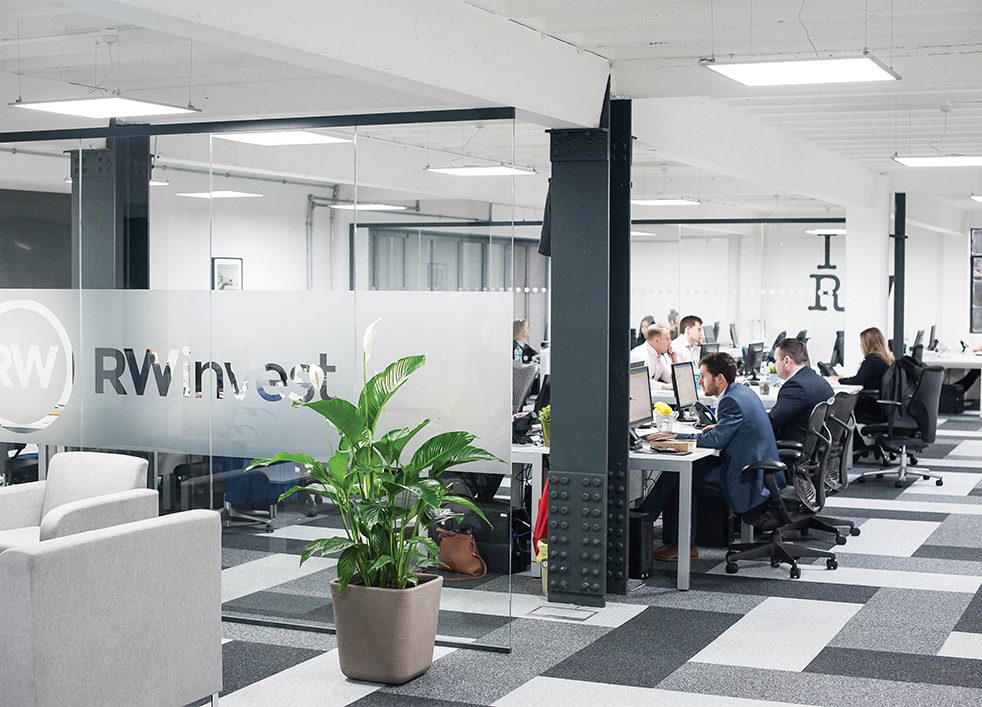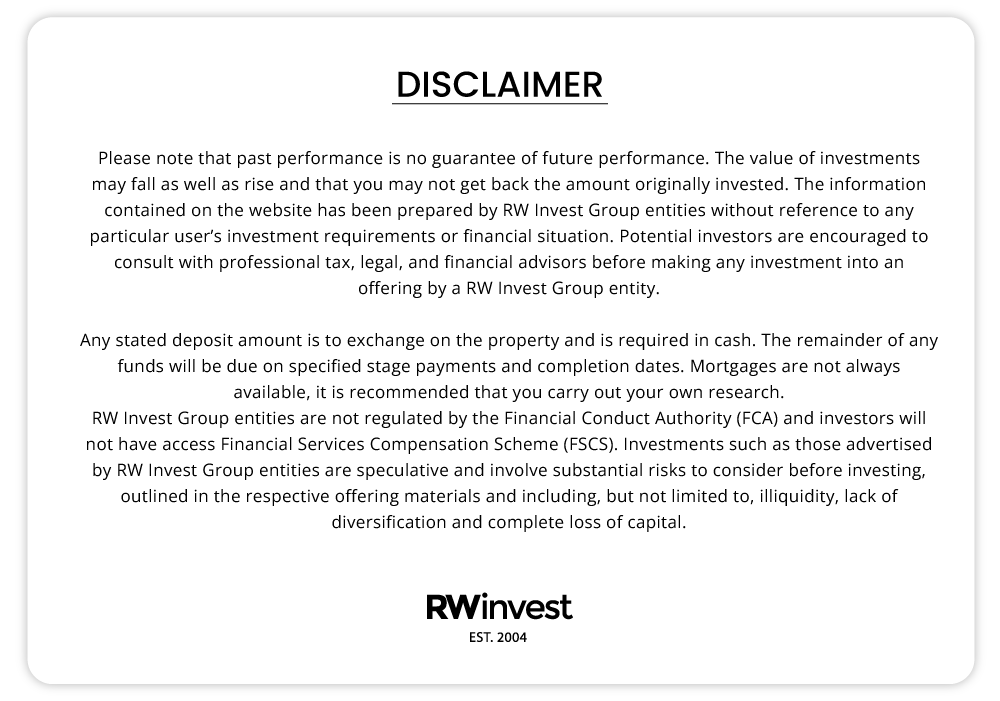One of the Top Four Hotspots for Growth Potential
Liverpool has recently been ranked as one of the UK’s best cities for economic growth potential. Global design and consultancy firm, Arcadis, analysed growth prospects in the UK’s 24 leading urban economies and measured their potential against six key pillars: workforce and skills, infrastructure, business environment, place, city brand, and housing. Liverpool economic growth came in fourth in the final report, ‘Investing in Britain’, behind Edinburgh, Oxford, and Cambridge, but ahead of London, Birmingham, and Manchester.
An additional study by the Office for National Statistics found that Liverpool’s economy was growing at a rate of 3.3% in 2017, placing the city above the average economic growth of 2.0% in England. This means that alongside other Northern areas, Cheshire and Warrington, Liverpool is the fastest-growing combined authority area in England.
If you want to find out more about these Liverpool economy growth rates and the reasons behind them, this article explores the strength of the Liverpool economy as a whole and what Liverpool’s reputation as one of the UK’s fastest-growing cities means for investment in the area. Keep reading to find out more.
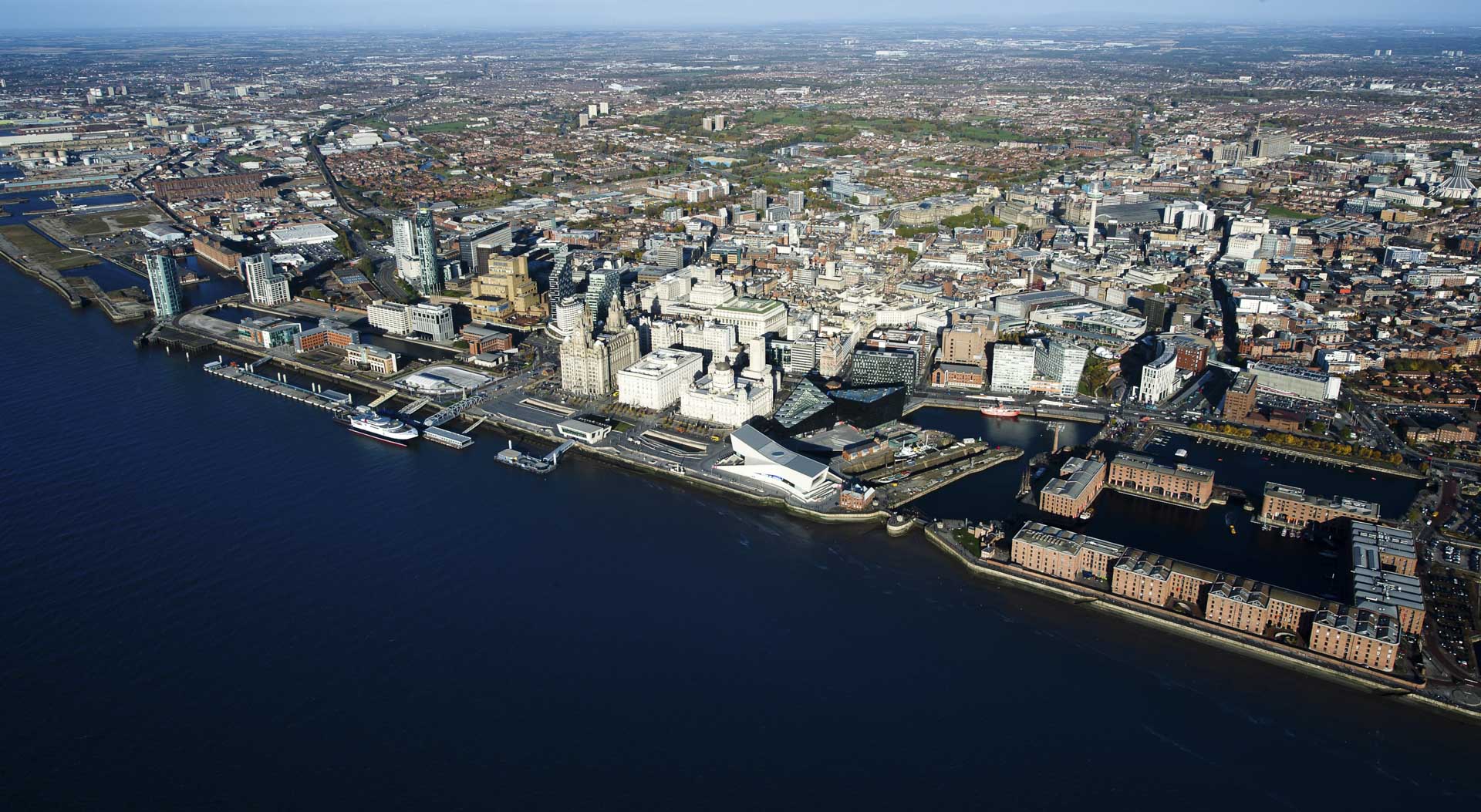

Why Has the Liverpool Economy Grown So Quickly?
So what is the reason behind the thriving Liverpool economy? And why has the economy of Liverpool grown so rapidly in comparison with other UK cities? Here are four of the most significant factors which have contributed to Liverpool’s economic growth over recent years.


Liverpool Regeneration
Liverpool is a city on the up, with past and future regeneration projects contributing massively to the growing Liverpool economy. Liverpool redevelopment has been seen through projects like the £150 million Project Jennifer, the £260 million Anfield Stadium regeneration, and the £1bn Liverpool ONE Shopping Centre. Areas like the Liverpool Georgian Quarter have been transformed over the years to become the thriving regeneration zones they are today.
Since these Liverpool regeneration projects, the city has formed into one of the UK’s best destinations. This is particularly significant given the city’s history as one of the most deprived UK cities. The emergence of the upcoming Liverpool Waters regeneration has positively impacted tourism, property prices, and demand for new developments in Liverpool.
With work due to finish in coming years, this regeneration scheme alone is thought to bring billions of pounds to the city. Other Liverpool city centre regeneration plans include a number of new property developments providing Liverpool buy-to-let and buy-to-live opportunities. These property projects play a big part in the success of the Liverpool economy and its development due to the boost in investment that they encourage, including overseas investments.
More recently, it was revealed that Liverpool City Council is to approve £1m of Liverpool redevelopment, enabling works on the former International Festival Gardens and Southern Grasslands zones that could pave the way for a major leisure attraction. These projects and developments put the Liverpool region in the spotlight, ahead of other British cities, and showcase the exciting future the city has to offer. It’s obvious that due to how far Liverpool has come in recent years, the growth of the Liverpool economy will only continue to soar.


Liverpool Culture
Events such as the 2008 Capital of Culture have played a huge part in Liverpool economic development. Being awarded the Capital of Culture award for 2008 helped put Liverpool on the map and boosted worldwide interest – welcoming a total of 9.7 million additional visitors and contributing £753.8 million to the city’s visitor economy.
Today, Liverpool remains one of the best UK destinations for cultural offerings, home to art gallery’s such as Tate Liverpool and the Walker Art Gallery, along with hosting fantastic events like the Liverpool Biennial and the Liverpool Giants back in 2012, 2014, and 2018. Liverpool is well-known for its music scene – most notably due to being the hometown of the Beatles. Festivals such as Liverpool Sound City and LIMF attract music-lovers from around the country each year, while 2019 saw the BBC Radio 6 Music Festival set up in this amazing city. It’s clear that the strength of the Liverpool economy has a lot to owe the city’s thriving cultural scene.
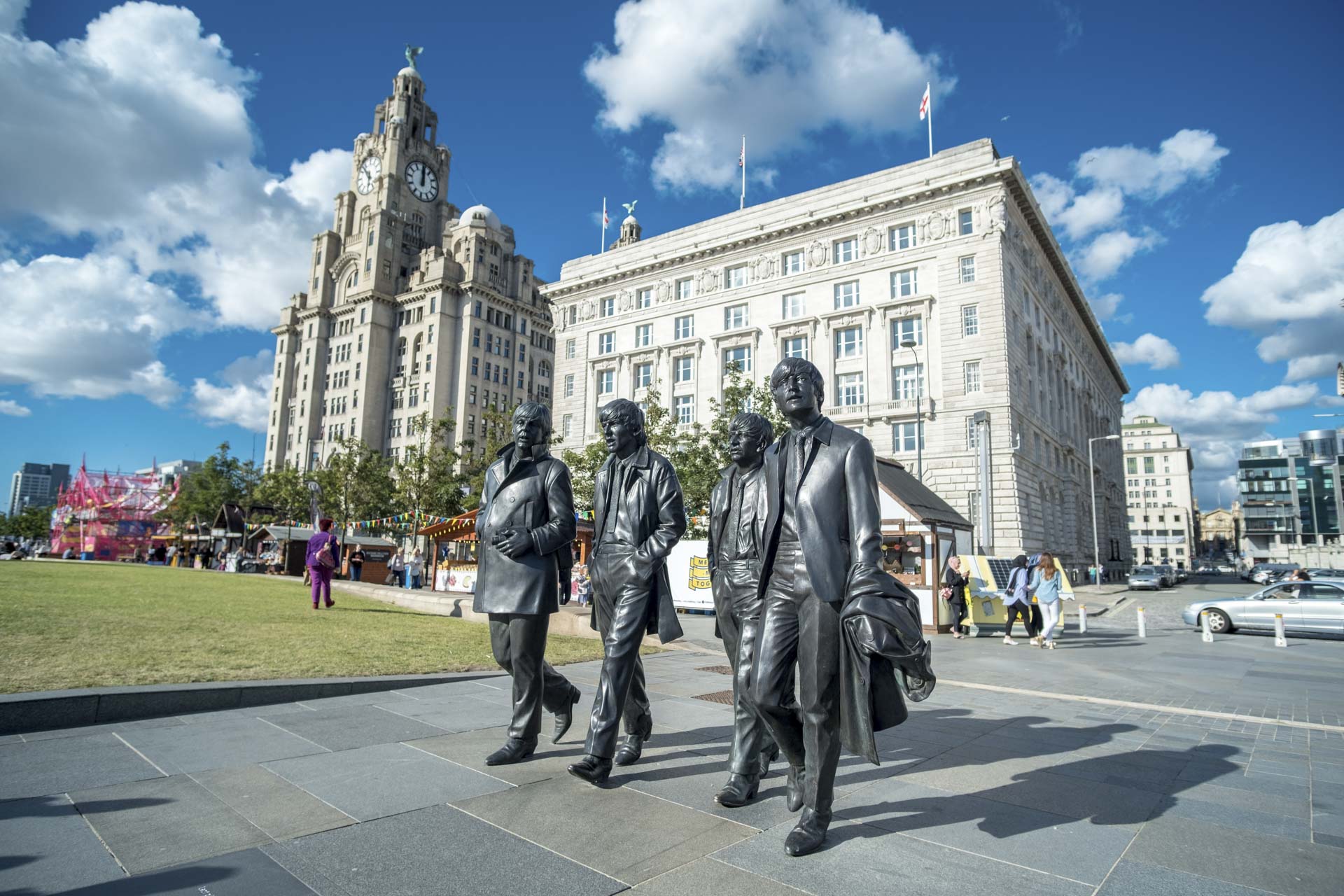

Liverpool Investment
Over recent years, Liverpool has gained a reputation in the UK as one of the most attractive cities for property investment. A number of factors put Liverpool on the map as one of the UK’s top hotspots for growth and investment – most notably the affordability of properties in the city, the high average rental yields, and the growing levels of rental demand. Investors that purchase a property in Liverpool can expect to pay around £170,000 to £180,000 on average according to Zoopla data, and thanks to the increasing appeal of Liverpool as a great city to live and work in, there are no issues in securing regular tenants.
Aside from the appeal of Liverpool investments due to rental yields, affordable prices, and high demand, the Liverpool property market is also growing at a similar rate to the Liverpool economy. Property prices in Liverpool have increased by 23% between 2015 and 2020 according to Land Registry’s House Price Index, with predictions for further growth of 27.3% by 2024 in the North West. This expected growth is higher than that of any other UK region, particularly London which is set to see a growth of just 12.7% during the same period.


Liverpool's Growing Population
The population of the Liverpool city region has experienced significant growth, increasing from 15,271 in 2006 to 29,060 in 2017. The largest demographic of people responsible for this growth is those aged between 17 and 29, with 75% of people living in Liverpool city centre within this age group.
There are different reasons for Liverpool’s growing population of young people. The strength of the Liverpool business and student scene plays a big part in these growth rates, along with the ongoing Liverpool city centre regeneration which has transformed once disused areas like the Baltic Triangle into a trendy and thriving neighbourhood. Liverpool offers a similar level of culture, nightlife, and business prospects as London, with the added benefit of lower costs and higher quality of life.
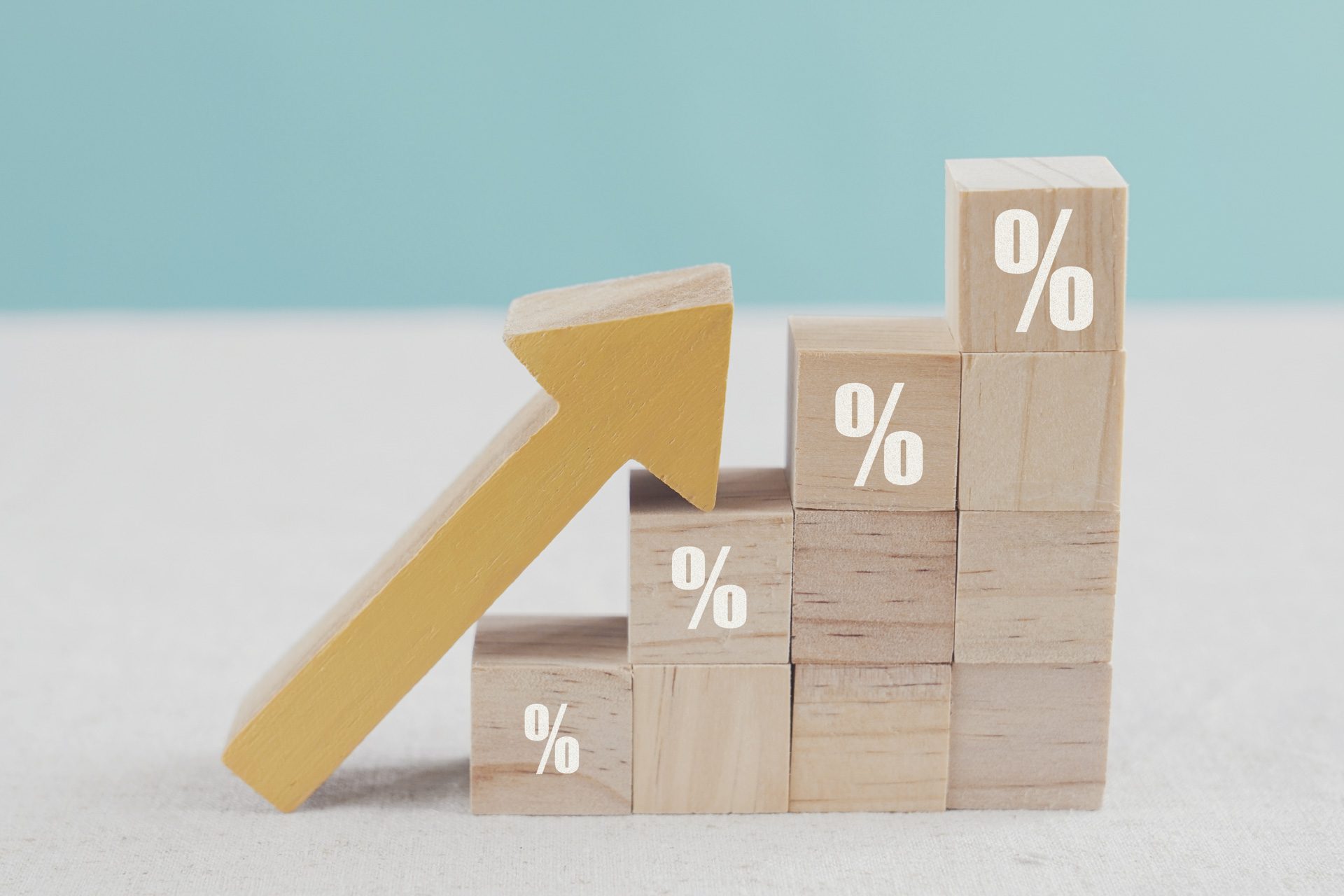

Invest Today With RWinvest
The Liverpool economy of 2020 was already strong, and with a year-on-year increase of around £1.6 billion, Liverpool economic growth is expected to continue well into 2021 and beyond. Alongside economic growth, Liverpool and the North West region are also seeing huge house price growth, which is higher than any other UK region. In the year to March 2023, North West property prices grew by 5.1%, with predictions for the region’s house price growth to increase by 20.2% by 2028, presenting huge opportunities for investors.
The statistics show that if you’re ready to take advantage of thriving Liverpool economic growth by making a property investment in the city, the time to do so is now. At RWinvest, we can help you find the perfect Liverpool investment with the highest chance of capital growth and impressive rental returns. Explore our Liverpool property opportunities now, or get in touch today.
